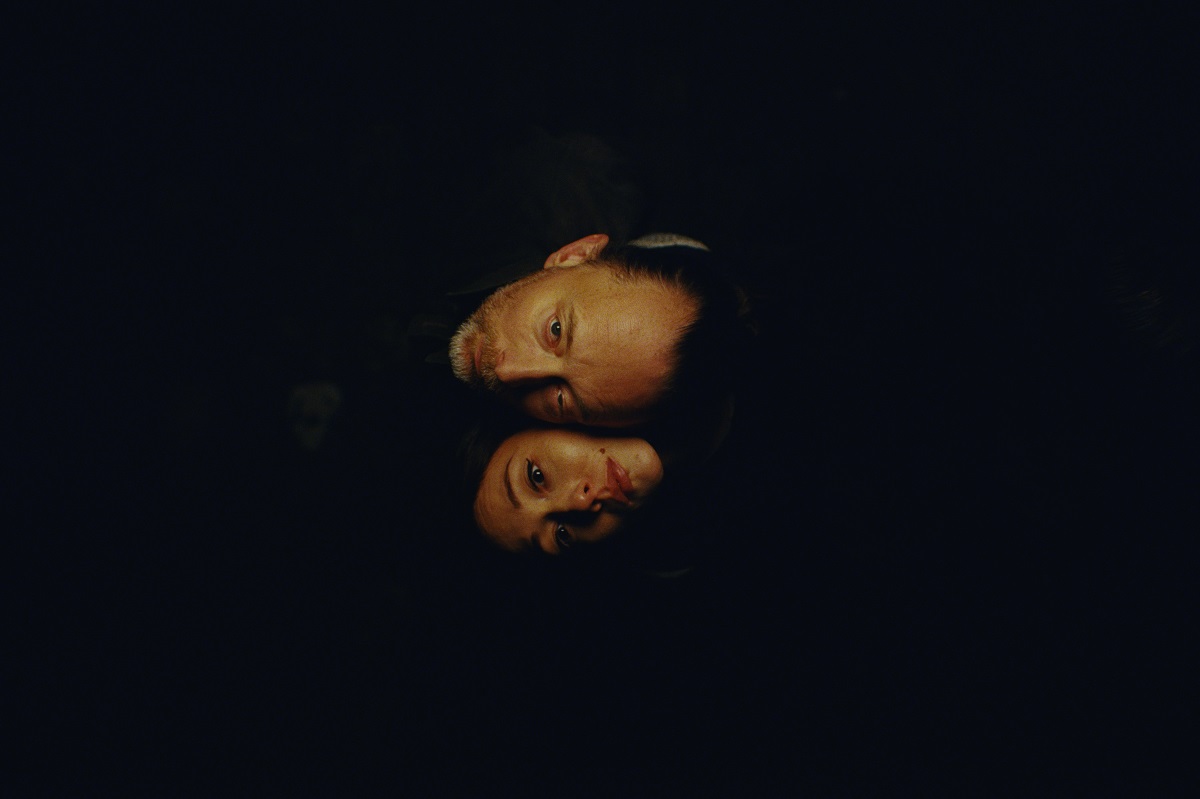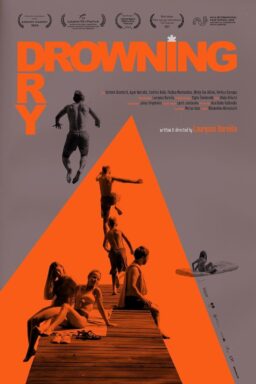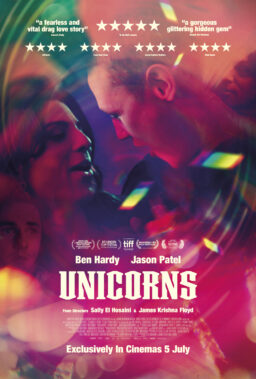The music video as more than just a way to sell an upcoming album is an underrated art form. In the ‘80s and ‘90s, some incredible work was done in the form, launching careers of major filmmakers like David Fincher, Spike Jonze, and Michel Gondry. But since MTV turned into a reality TV channel, it’s not as easy to see music videos as it once was. Perhaps the next great American director is doing riveting work, but it’s buried under a thousand other things on YouTube. This is only one of several reasons that I was excited that Thom Yorke of Radiohead and Paul Thomas Anderson were collaborating for Netflix on what was billed as a “one-reeler,” but could also accurately be called a “short film” or “music video.” Whatever label you choose, it’s a reminder of the unique form of expression this art can be and feels like nothing else on Netflix. I’m thrilled at the prospect of other artists trying to follow suit and produce similar works. Maybe the music video isn’t dead after all. “Anima” is certainly very much alive.
Of course, Paul Thomas Anderson isn’t new to the form, having directed several videos for Fiona Apple, Joanna Newsom, and Haim, and having worked with Radiohead before, including helming their video for “Daydreaming.” And everyone knows that Anderson works regularly with Radiohead member Jonny Greenwood, who composed the scores for “There Will Be Blood,” “The Master,” “Inherent Vice” and “Phantom Thread.” So it makes sense that Anderson and Yorke would work together on a project related to the Thom Yorke solo album Anima, now available for streaming, dropping with the accompanying video.

The video features three songs from the album – “Not the News,” “Traffic,” and a song that will be familiar to Radiohead fans, “Dawn Chorus.” Like Yorke’s other solo work, Anima is more electronic heavy, relying on techno beats and rhythms, with his dreamy vocals over what could even be considered dance track beds. The mesmerizing rhythms of Anima fit perfectly into Yorke and Anderson’s vision for the short film, which echoes futuristic works like “1984” and their past collaborations (I was even reminded of the masterful video for UNKLE’s “Rabbit in Your Headlights,” which features Yorke and stars Denis Levant, directed by Jonathan Glazer).
Yorke plays a man on a commuter train as “Anima” opens, everyone around him drowsing off or even sleeping, wearing nearly identical, non-descript outfits. He’s struggling to keep his eyes open when he spots a beautiful woman, played by Yorke’s real girlfriend Dajana Roncione, an Italian actress. As the first song picks up in rhythm, everyone starts to move in patterns, guided by some unseen force. Yorke spots that the woman left her lunchbox and tries to get it to her, going against people moving in the opposite direction, often in unison. After the train sequence, Yorke seems caught in something like purgatory as the centerpiece unfolds—dancers on a white floor that seems to be tilting and sliding them around contrasted against a black backdrop, the choreography moving in rhythm with both Yorke’s music and Anderson’s camera. Pushing against or being controlled by something unseen hangs in the air, but Yorke’s movements become more and more natural the closer he gets to her, and the final segment feels fluid and lyrical. It’s downright romantic.
Directed by Anderson, music by Yorke, shot by Darius Khondji, with ambitious and brilliant choreography by Damien Jalet—“Anima” is something special. You could dismiss it as just a promotional stunt for an album, but that would be to miss its artistry and ambition. It reminded me of a day when artists were inspired by musicians, and vice versa, and music videos helped to transform the pop culture landscape. The best of them influenced some of your favorite filmmakers. Let’s hope “Anima” truly does spark a revolution.












